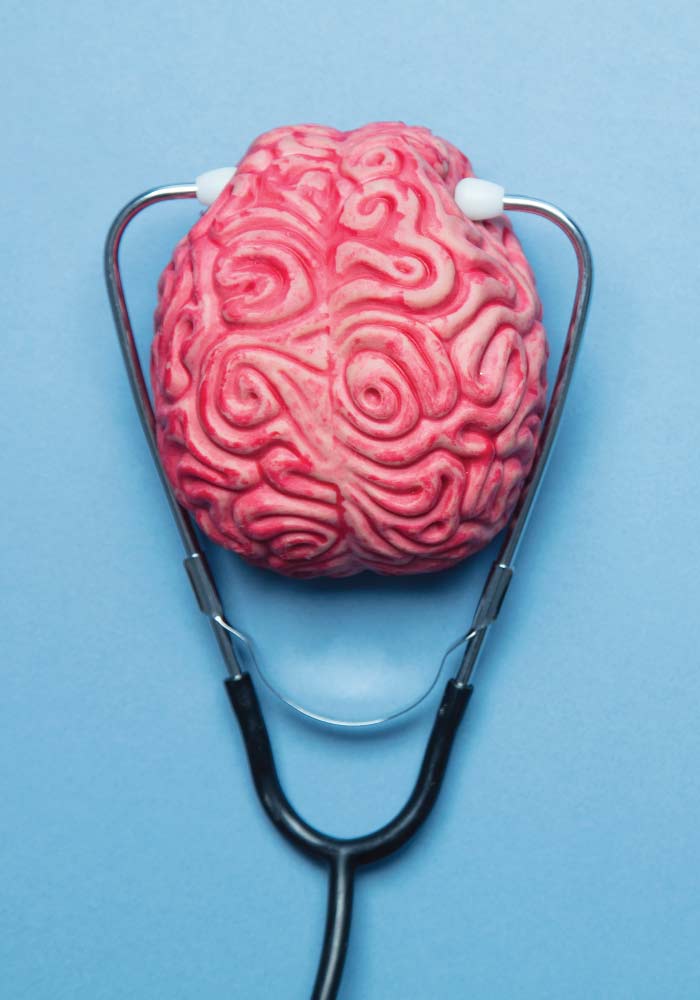The condition of brain vascular health plays a critical role in overall cognitive function and neurological well-being. Lifestyle choices such as diet, physical activity, sleep, and stress management have been identified as key contributors to maintaining and improving the health of blood vessels in the brain. Poor vascular health can lead to significant conditions, including stroke, dementia, and other neurovascular disorders. Here is more information on the connection between daily habits and brain vascular health, providing an evidence-based understanding of how lifestyle modifications can influence long-term neurological outcomes:
Exploring Dietary Habits
What you eat directly impacts the health of your brain’s blood vessels and can impact vascular disorders. Foods high in antioxidants, such as berries, leafy greens, and nuts, help reduce inflammation and oxidative stress, both of which can damage vascular structures. Omega-3 fatty acids, found in fatty fish like salmon, support vascular elasticity and improve blood flow to the brain.
High consumption of saturated fats and simple carbohydrates could increase plaque formation in blood vessels, potentially leading to restricted blood flow. Salt intake is another noteworthy factor, as excessive sodium contributes to hypertension, a condition linked with vascular damage and an increased likelihood of strokes. A diet rich in nutrient-dense, whole foods minimizes risk factors and supports optimal blood circulation within the brain.
Getting Physical Exercise
Regular physical activity enhances vascular function and promotes overall cardiovascular health. Exercise increases cardiovascular efficiency, helping the heart pump oxygen-rich blood more effectively. Activities such as brisk walking, swimming, or cycling stimulate the production of nitric oxide, a molecule that contributes to widening blood vessels. This process improves vascular flexibility, reducing the strain placed on blood vessels over time.
Lack of physical activity, on the other hand, correlates with reduced vascular function and higher rates of vascular-related cognitive decline. The World Health Organization recommends at least 150 minutes of moderate physical activity per week for cardiovascular and vascular health. Consistent movement helps maintain a healthy vascular network, reducing risks connected to poor brain circulation.
Improving Sleep and Stress Management
The quality of sleep and the ability to regulate stress also affect vascular health. During sleep, the body performs necessary maintenance on blood vessels, repairing damage caused by daily wear and tear. Chronic sleep deprivation disrupts this repair process, increasing the likelihood of conditions like high blood pressure and impaired circulation.
Similarly, chronic stress raises levels of cortisol, a hormone that contributes to arterial stiffness and inflammation in the vascular system. Stress-relief techniques, such as mindfulness meditation or deep breathing exercises, help regulate cortisol levels and improve vascular outcomes. Restorative sleep and effective stress management strategies contribute to the resilience of the brain’s vascular system.
Learn About Vascular Disorders
Daily decisions impact brain vascular health in measurable ways. Nutrient-rich diets protect blood vessels, while physical activity enhances circulation and vascular function. Quality sleep and stress reduction contribute to long-term vascular resilience. Together, these lifestyle factors influence cognitive well-being and reduce the likelihood of vascular-related brain diseases. Adopting small, actionable steps in each area creates a foundation for a healthier vascular system and improved brain performance.

